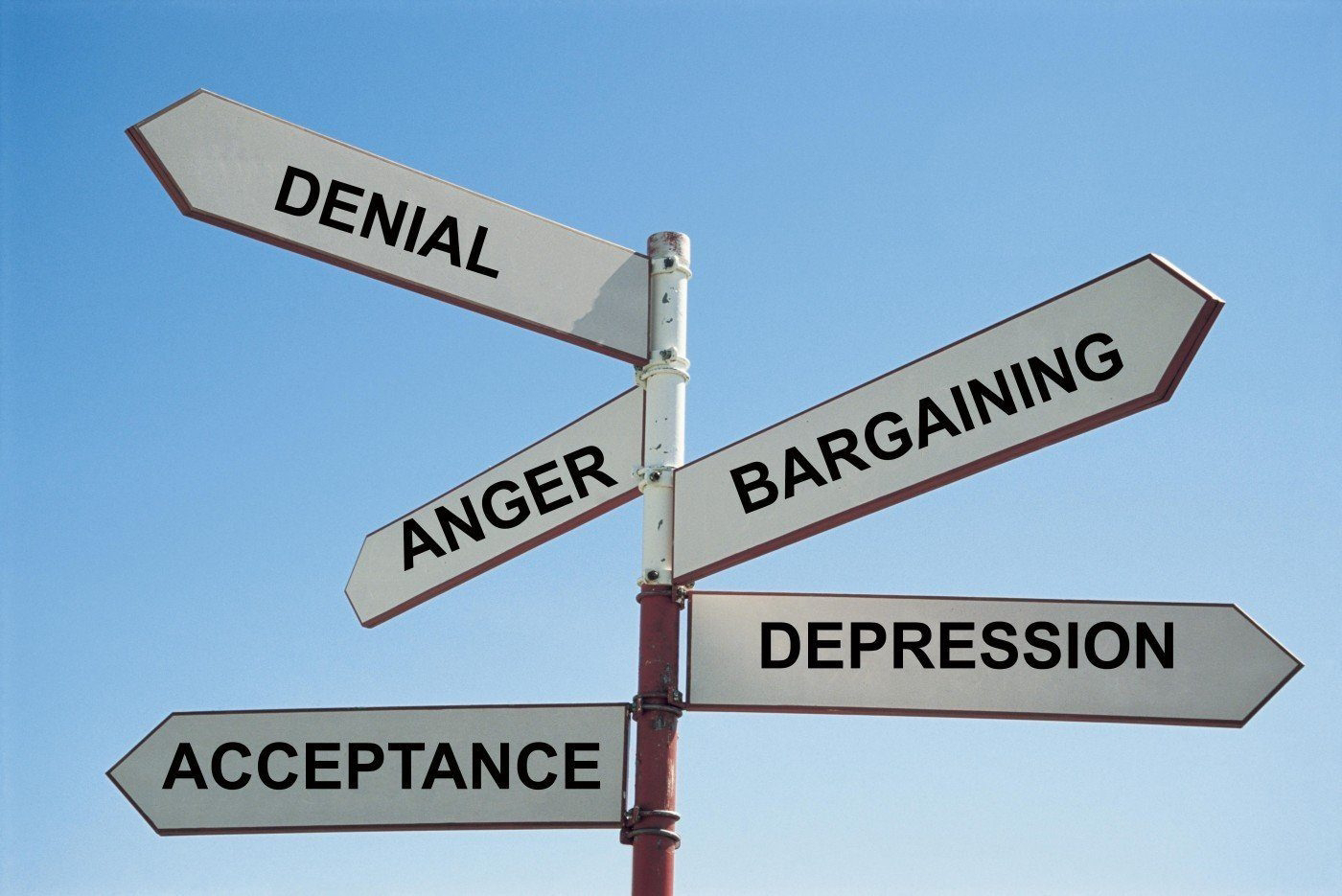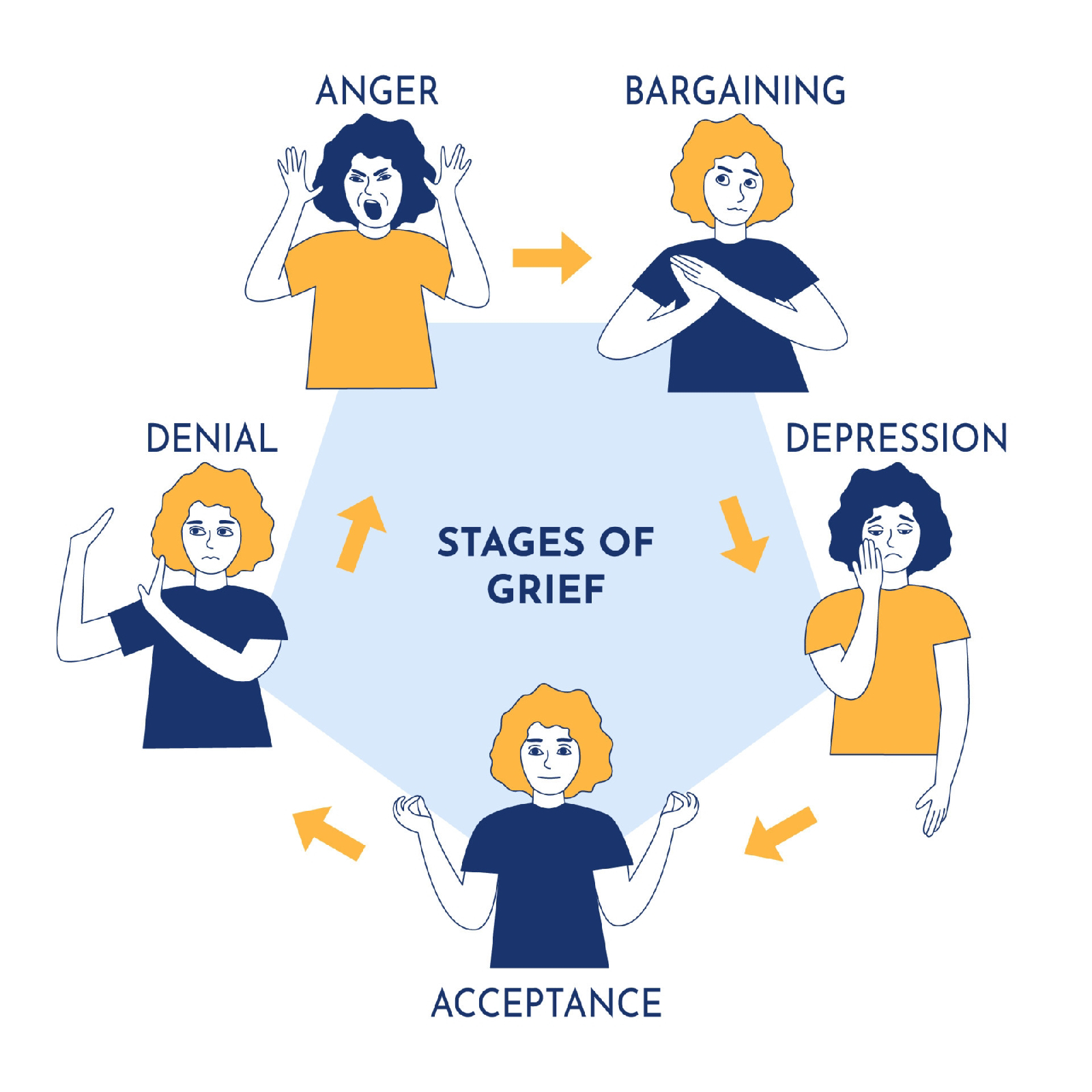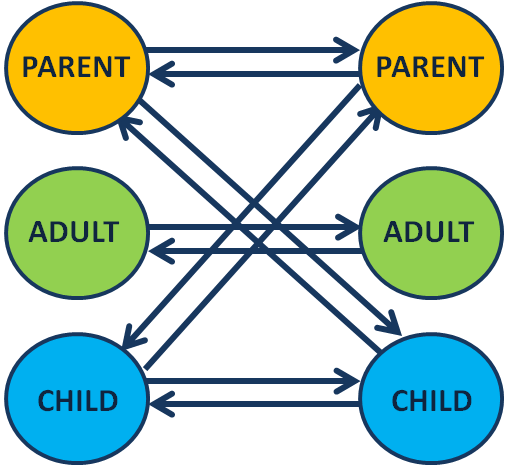8 March 2025
This article will outline half a dozen major inconsistencies - contradictions - in Trump's statements on Russia, Ukraine, and the broader geopolitical situation. The article have been updated with the fiasco of this supposed ceasefire, 30 days ceasefire in Ukraine.
Russophrenia - "a condition where the sufferer believes Russia is both about to collapse, and to take over the world."
1. Russia’s Intentions vs. Europe’s Military Build-up
Trump states that Russia has no intention of invading Europe.
Yet, he simultaneously demands that Europe increase military spending and arms production to counter Russia.
If Russia is not a threat, why should Europe engage in an arms race?
2. Russia’s Position in the War
At one point, Trump claims that Russia will be “forced” to compromise due to some undisclosed weakness he claims to know about.
Later, he contradicts this by saying that Russia “has all the cards” and is in a strong position, making compromise unnecessary.
If Russia is in control, why would it feel pressure to negotiate?
3. Trump’s Stance on Ukraine
Trump says he wants to push both Russia and Ukraine into a peace settlement.
At the same time, he threatens to leave Ukraine entirely if they don’t want to negotiate.
Does Trump want to mediate peace, or does he want to walk away from the conflict?
4. Sanctions on Russia vs. Easing Sanctions
Trump threatens harsher sanctions on Russia. "I am strongly considering large scale Banking Sanctions, Sanctions, and Tariffs on Russia until a Cease Fire and FINAL SETTLEMENT AGREEMENT ON PEACE IS REACHED.” Trump wrote in a post on Truth Social.
Simultaneously, reports indicate his administration is considering easing sanctions on Russia’s energy sector if the war ends.
While speaking to reporters in the Oval Office Friday afternoon, however, Trump said the U.S. was "doing well" with Russia and that he was "finding it more difficult, frankly, to deal with Ukraine.”
Is the goal to punish Russia or to create conditions for negotiation?
5. Proxy War Acknowledgment vs. Moral High Ground
U.S. officials (e.g., Marco Rubio) have admitted the war is a U.S. “proxy war” against Russia.
At the same time, the U.S. insists that it is a moral actor seeking peace.
How can the U.S. claim moral superiority while openly admitting to using Ukraine as a proxy?
6. Trust in Putin vs. Urging Europe to Prepare for War
Trump expresses trust in Putin and suggests he genuinely wants peace.
Yet, he simultaneously pushes Europe to prepare for war, implying that Russia is an imminent danger.
If Putin is trustworthy and not a threat, why encourage military escalation?
Trump’s rhetoric surrounding the ceasefire exposes inconsistencies in his administration’s stance:
8. Trump’s Hawkish Approach
Despite calling for peace
Trump has simultaneously ramped up threats of severe sanctions on Russia while lifting restrictions on military aid to Ukraine.
9. Conflicting Views on Russian Strength
Trump has oscillated between claiming Putin has no leverage in negotiations and admitting that Russia holds all the cards.
10. Threats vs. Disengagement
Trump declared: “I need to know that Ukraine wants to end the war. If they don't want to end it, we're leaving.”
Yet, he also pledged to supply Ukraine regardless of the outcome.
11. Confusion
How can Trump ever have claimed that he would end the war in one day, on day one, when in actual fact he has never had a strategy to enact this goal and here we are almost two months into his term?
12. Conclusion, confusion
Trump may have clear - and possibly mistaken - strategies and policies for the economy and domestic policies, but as to foreign policy he seems to dither. What are the real intentions behind US policy?
13. Trump’s Broken Campaign Promises
The rushed and poorly conceived ceasefire deal between the US and Ukraine raises a deeper question: why would Trump, known for his supposed pragmatism, back such a transparently flawed proposal? Could it be that his second-term agenda is cumbling? A long list of ambitious campaign promises has either stalled or collapsed entirely. Domestic and foreign are beginning to look like two more primrose paths.
14. Foreign Policy: ‘America First’ or Just More of the Same?
One of Trump’s most vocal pledges was to disengage from costly foreign entanglements and put “America First.” Yet, under his administration:
- No Major Troop Withdrawals – Despite promising to bring American forces home, there have been no meaningful withdrawals from Europe, Syria, or other overseas commitments. Instead, he continues to entrench US involvement in Ukraine, even while claiming he wants to end the war.... Perhaps it is early days.
- No Declassification of 9/11, JFK, or Epstein Files – To date, nothing substantial has been released.
- Failed Greenland Gambit – Trump made more headlines by expressing interest in buying Greenland from Denmark. The idea was ridiculed at the time, and no progress has been made since.
- Border Security: No ‘Great Wall’
The “big, beautiful wall” remains unfinished, and reports suggest that illegal crossings are still a significant problem.
- No Mass Deportations
Trump also promised mass deportations. While ICE raids were initially ramped up, they have reportedly now been put on ice.
- No Fort Knox Audit
No Gold Standard Revival or Fort Knox Audit – A promise that excited many in the financial sector and libertarian circles has quietly faded into oblivion.
- No Trade Wins, still waiting
Trump made aggressive trade war moves but has since failed to follow through with any coherent economic strategy in his second term.
- No UFO Disclosure
After teasing that he might reveal what the government knows about UFOs
Trump’s geopolitical manoeuvering is not driven by strategy but by the need to patch up his image as an action man and a strongman.
This 30 day ceasefire
Everyone knows that Russia will not accept the ceasefire proposal from rhe US, since it doesn't concord with their terms and they hold all the cards.
So what is going on at the moment?
There's no agenda for this proposed 30 day ceasefire, and why do you need a ceasefire to start talking?
Oh, it's because the president said the killing has to stop.
Do you think that a 500 drone attack on Russia and Moscow plus restarting the flow of arms and intelligence is a good way to introduce a ceasefire whose purpose is to "stop the killing"?
And the United States, with its debt, its dollar, its military, is now at odds not only with the Global South - we knew about that - but Lo! Europe led by the UK is rearming and wants to continue the war to 2029 and 2030.
Could it be that the Western oligarchs who profit from these kind of things, now are joining forces against Trump, who they fear is trying to take their ball away? Is this ISI the deep state?
I'm unable to work it out right now... There's some weird shit going on...
































